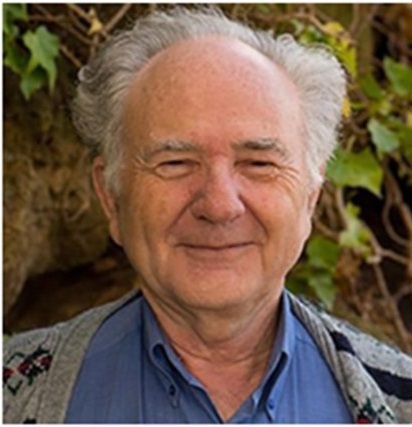John Arthur Endler Prof

John Arthur Endler Prof &FRS
https://en.wikipedia.org/wiki/John_Endler
Biosketch
John Arthur Endler FRS (born 1947) is a Canadian ethologist and evolutionary biologist noted for his work on the adaptation of vertebrates to their unique perceptual environments, and the ways in which animal sensory capacities and colour patterns co-evolve.
John Endler is Alfred Deakin Professor in the Department of Life and Environmental Sciences, Deakin University. Endler's research area is the interaction between sensory systems, signals, and the environment, and using these interactions to predict the direction of evolution under known environmental conditions. His two main projects involve Bowerbirds and Guppies and involve a mixture of field work, field experiments, lab experiments, and modelling. After his PhD, Endler worked at Princeton University (1973-1979), the University of Utah (1979-1986), the University of California, Santa Barbara (1986-2006), the James Cook University of North Queensland, Australia and is currently working at Deakin University in Victoria, Australia. In 2006 he was appointed as an Anniversary Professor of Animal Behaviour in the School of Psychology at the University of Exeter, England. In 2007 he was elected as a Fellow of the American Academy of Arts and Sciences. In 2009 he joined the Centre for Integrative Biology at Deakin University (Australia) where he is an Alfred Deakin Professor.
Endler has carried out extensive work on guppies, including in 1975 rediscovering the species now known to aquarists as Endler's guppy, in his honour; this brightly coloured fish is sometimes regarded as a geographical variant of the common guppy Poecilia reticulata, but is now usually treated as a separate species, Poecilia wingei. Although it had been recorded before Endler's discovery, it had not been properly studied and documented. Among biologists, however, he is better known for his experimental work on inducing small-scale evolution in the laboratory. In addition to his work on guppies he has studied many other species, including investigating the bower-building behaviour of bowerbirds in North Queensland, Australia.
In 2008 the European Research Council announced that he was among the first cohort of Life Scientists to receive an award under its Advanced Grants scheme.[2]
In 2012 he was elected a Fellow of the Australian Academy of Science.[3]
In April 2020 Endler was elected a Fellow of the Royal Society (FRS).[4]
In 2021, he and Susanne von Caemmerer were jointly awarded the inaugural Suzanne Cory Medal for Biomedical Sciences.[5]
Endler's work on evolution in trinidadian guppies was highlighted in the 1995 popular science book The Beak of the Finch.
本次大会报告题目:Coloration,
vision, and natural history as generators of hypotheses (视频文件)